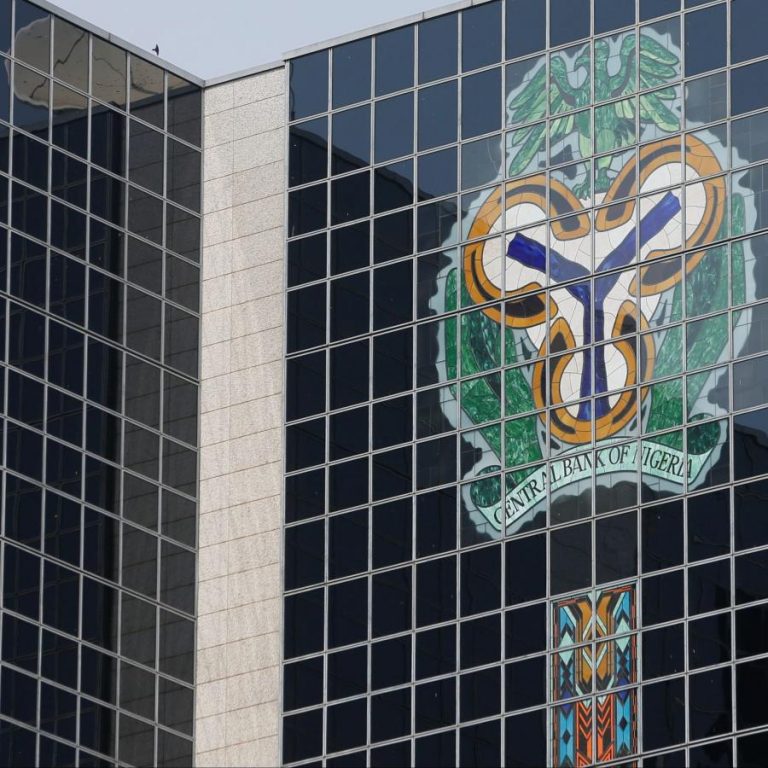
The Central Bank of Nigeria (CBN) on the 28th of March, 2023 issued a new set of guidelines for Banks and Other Financial Institutions (OFIs) desirous of changing their original business licenses to other business operations licensed by the CBN.
What this means in effect is that with these guidelines, licensed businesses like microfinance banks can switch their CBN licenses for other licenses like a Payment Service Bank , Mortgage Bank ,or Finance Company license.
This article will be looking at the provisions of these guidelines, with a focus on :
Tekedia Mini-MBA edition 16 (Feb 10 – May 3, 2025) opens registrations; register today for early bird discounts.
Tekedia AI in Business Masterclass opens registrations here.
Join Tekedia Capital Syndicate and invest in Africa’s finest startups here.
– Their objectives.
– Their applicability scope.
– Their eligibility criteria for operating license change.
– Definition of terms.
– Applicable restrictions/prohibitions.
– Requirements for license change.
What are the objectives of the CBN Guidelines?
The objectives of the guidelines are to provide clarity on the requirements for the change of the various license types for Banks and Other Financial Institutions (OFIs) in Nigeria.
What is the applicability scope of the guidelines?
The guidelines are applicable to :-
– Commercial Banks
– Merchant Banks
– Non-Interest Banks
– Microfinance Banks
– Primary Mortgage Banks
– Payment Service Banks (PSBs)
– Any other institution the CBN may designate from time to time
What are the eligibility criteria for a change of operating license under the Guidelines?
For a financial institution to be eligible for a license change, it must:-
- Be under the supervisory purview of the CBN.
- Have no adverse supervisory report to its application.
- Satisfy any other condition which the CBN may stipulate from time to time.
- Have been in operation for at least 5 years.
What are the definitions of some important terms most commonly used in the guidelines?
Some of the terms used by the guidelines and their meanings include the following:-
- Conversion – The transformation of an institution from one license type to another under separate regulatory guidelines.
- Re-categorization – This is a transformation of an FI license within the same license type e.g switching between different categories of Microfinance Bank licensing.
- Re-designation – This is a transformation effected by the change of name, status or operational in framework due to the direct effect of policy change, new regulation, or a regulatory directive.
- Transition period – This is the transformation period of a bank or OFI from its legacy operations to the operations of the new license.
- Off-boarding – This is the process of discontinuing services to some customers that are not desirous of migrating to the new license type.
- Integration – This is the process of an FI unifying its existing & new customers under a proposed new license type.
What are some of the notable prohibitions or restrictions imposed by the guidelines if any?
A bank or OFI shall not while processing an application for license change do any of the following :-
- Expand or reduce its current banking network.
- Roll out new products and services.
- Carry out any new strategic banking activity but the settlement of rights and obligations shall continue until extinguished in accordance with existing terms and conditions.
- Engage in any banking activity specific to the proposed new license.
- Any other requirement that may be presented from time to time by the CBN.
What are the requirements for a change of license type under the CBN Guidelines?
Applications for a change of licensing are processed in the 2 stages under the Guidelines which are:-
- The Approval-In-Principle (AIP) stage.
- The final licensing stage.
The most important requirements for licensing change include :-
- An application to the Director of the Supervisory department of the CBN in charge of the applicant company’s current business category.
- A business plan duly approved by the FI’s shareholders at an Annual General Meeting or extra-ordinary general meeting & board of directors.
- A board resolution.
- Rationale for the change.
- A Governance structure policy.
- A risk management framework.
- Evidence of Sharia compliance where applicable.
- Any other requirements stipulated by the CBN.



